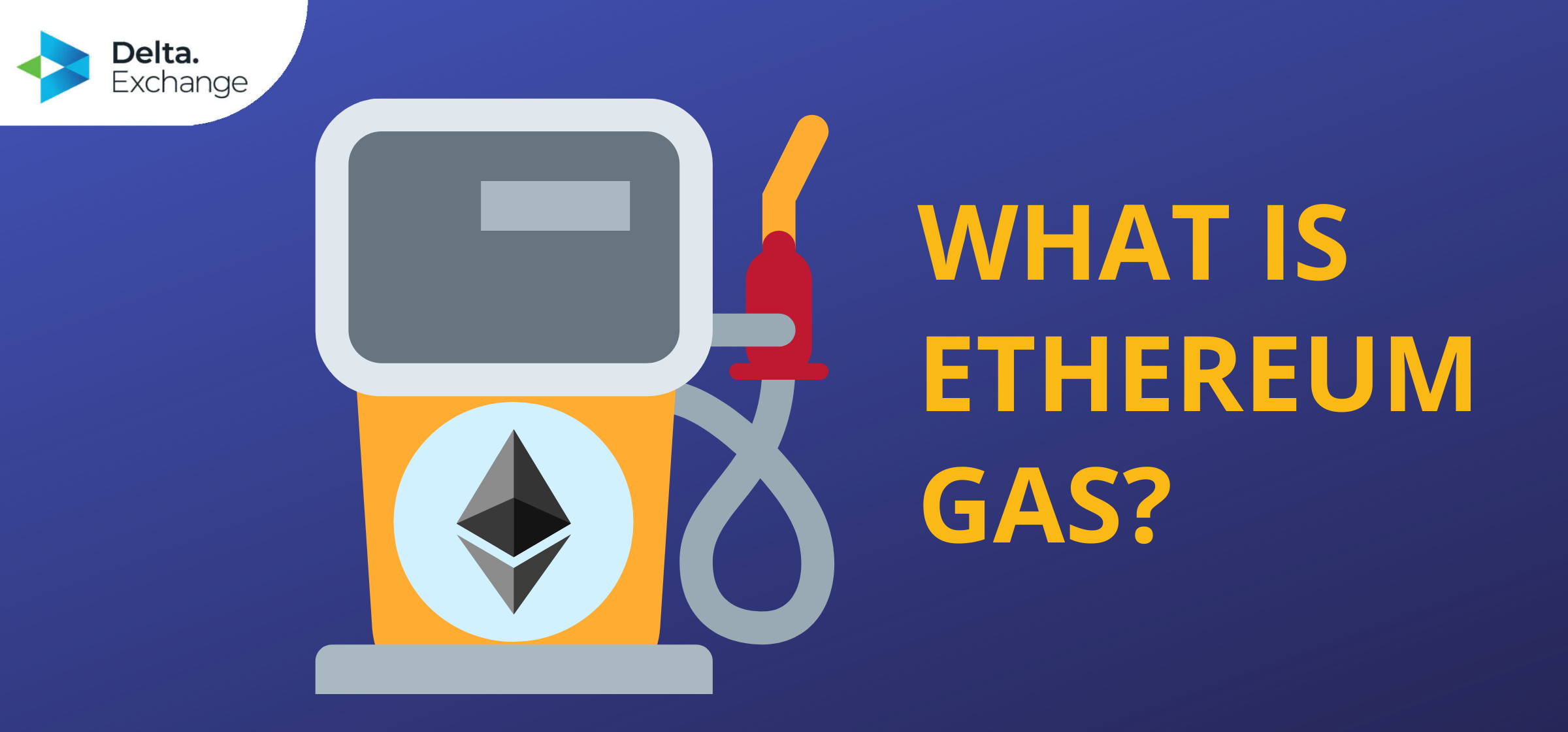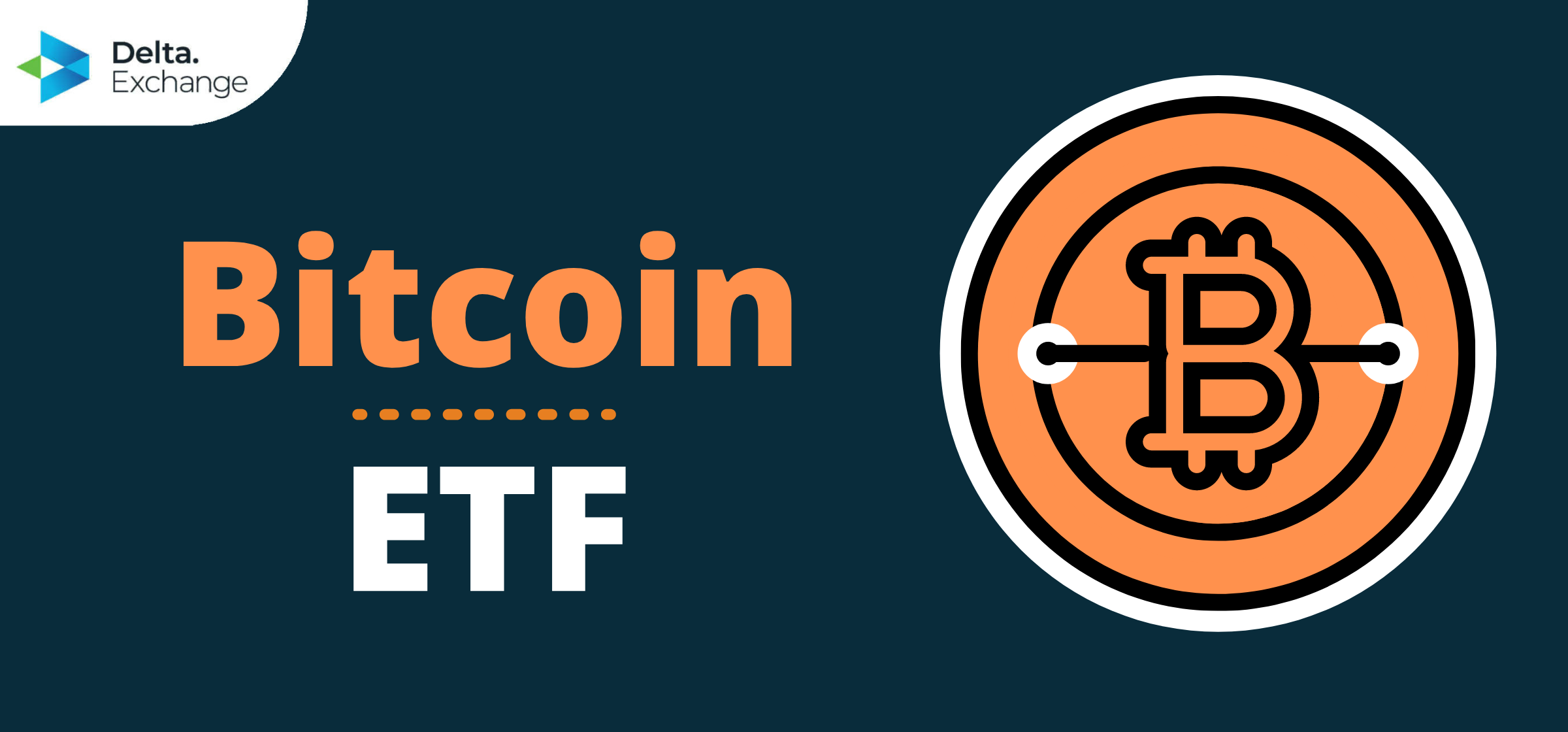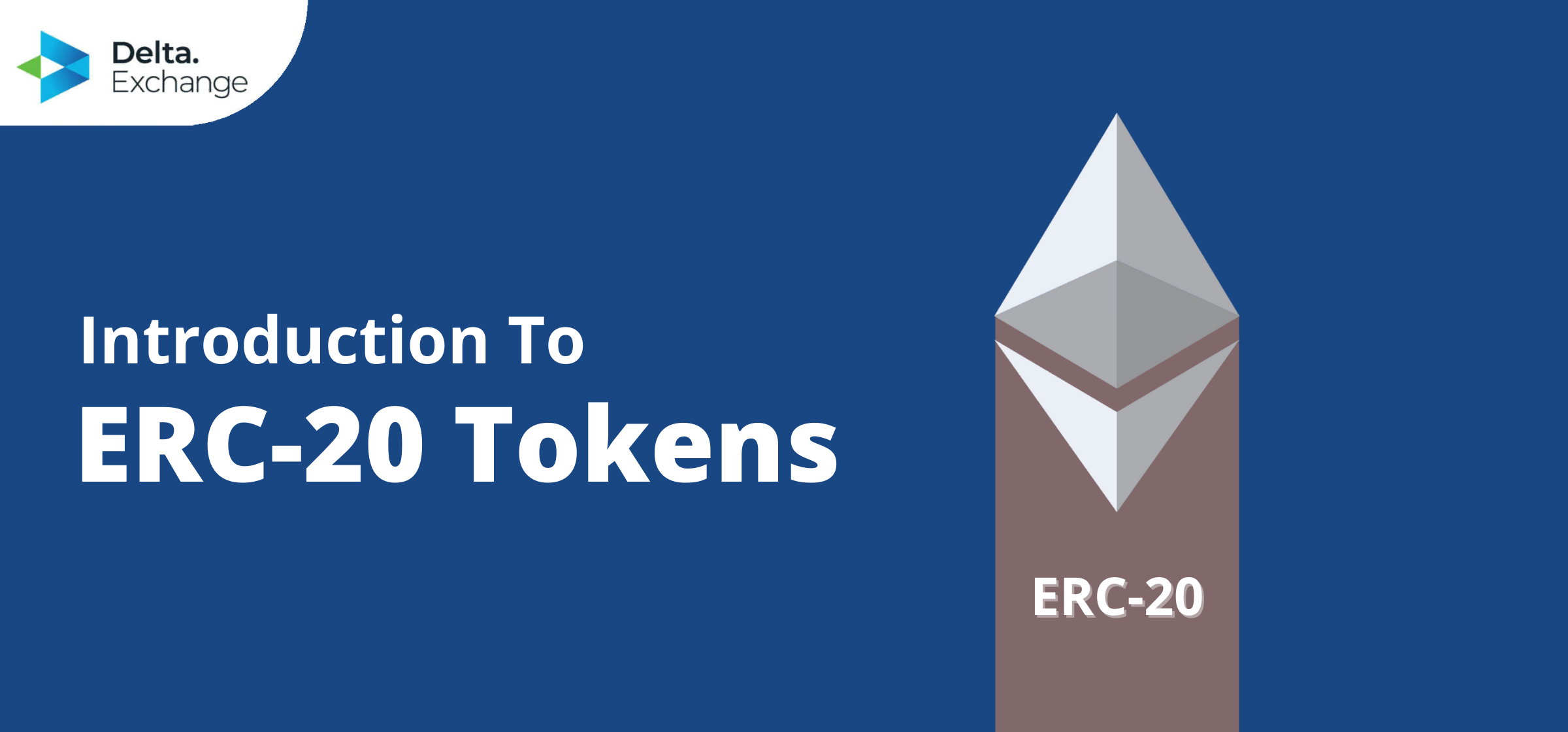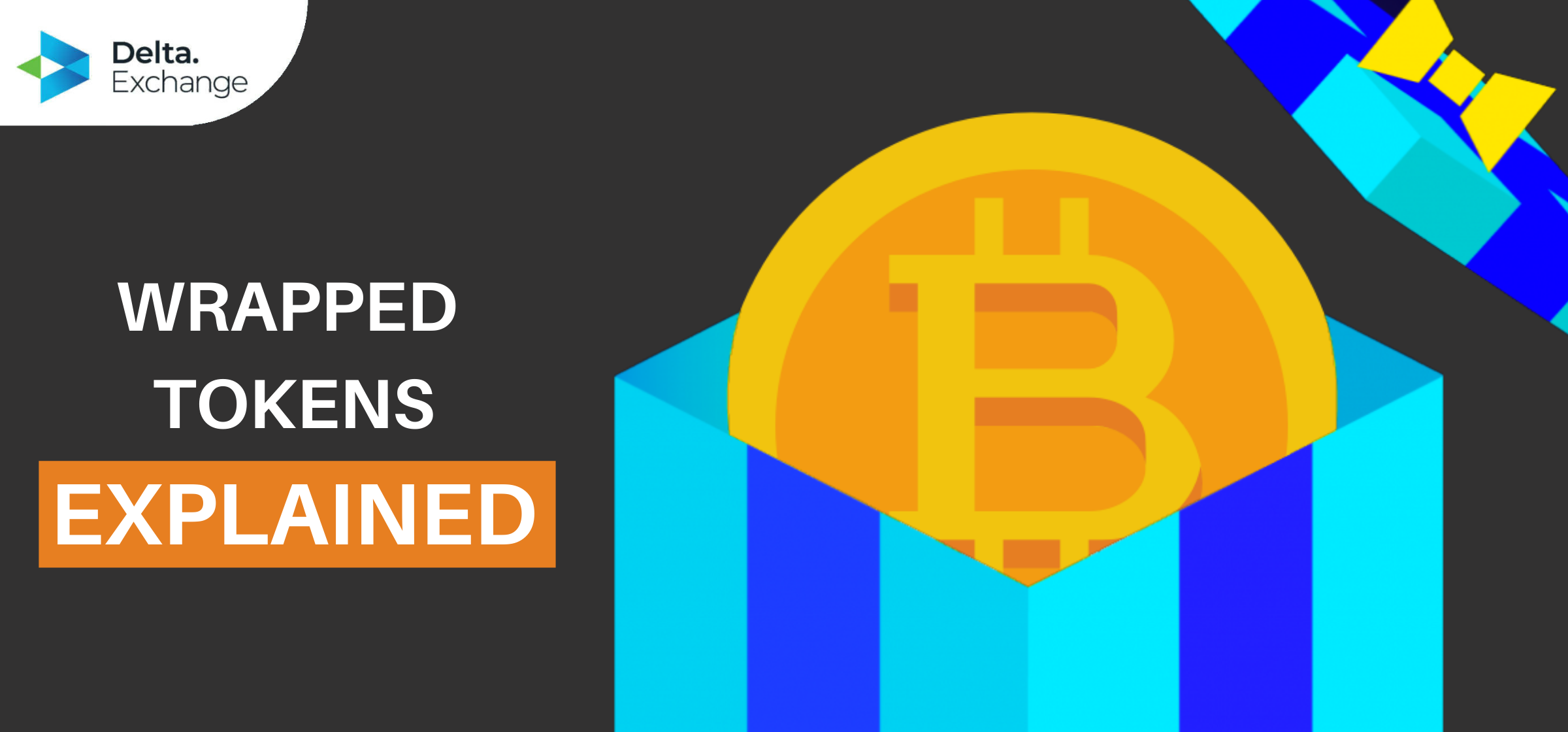Educational
May 25, 2021
What is Ethereum Gas?
Shubham GoyalProduct Specialist
What is Gas in Ethereum?
The amount of computational effort needed to perform specific actions on the Ethereum blockchain is measured in a fuel we call gas. This gas is used to distribute resources of the Ethereum virtual machine (EVM) so that decentralized applications like smart contracts can self-execute in a safe but decentralized manner. Gas on the Ethereum network fuels payments and helps them to conduct various operations, similar to how gasoline fuels a vehicle and allows it to run.
To understand how gas is used in Ethereum, let us first understand Smart Contracts and EVM first.
Smart Contracts
Simply put, a “smart contract” is software that runs on Ethereum’s blockchain. It’s a collection of code (its functions) and data (its state) that lives on the Ethereum blockchain at a single address.
Smart Contract can send transactions via the network and have a balance. However, they are not controlled by a user. Instead, they are deployed to the network and run according to a set of instructions. User accounts can then engage with a smart contract by sending transactions that cause the smart contract to function. Smart contracts can set rules and have them enforced automatically by the code.
Ethereum Virtual Machine (EVM)
In Ethereum, the EVM is the virtual machine that runs all of the smart contracts. It’s a 256-bit Turing Complete virtual machine that’s both simple and powerful. Turing Complete implies that every program executed in the EVM can solve any problem given enough resources and memory.
Smart contracts that reflect financial agreements like options contracts, swaps, or coupon-paying bonds can be run on the EVM. It could also be utilized to place bets and wagers, complete employment contracts, operate as a trusted escrow for high-value purchases and run a legitimate decentralized gambling feature.
These are only a few instances of what smart contracts can do, and the potential for smart contracts to replace many kinds of legal, economic, and social agreements is fascinating. ETH is the core cryptocurrency of the Ethereum ecosystem, and it is used to settle the outcomes of smart contracts conducted within the protocol.
Ethereum, on the other hand, is planning to switch to a Proof of Stake (PoS) blockchain soon. Miners would no longer exert computational power in this approach instead of relying on a consensus model based on the number of coins held by each node.
Gas in Ethereum
The construct of gas was created to preserve a separate value layer that only reflects the amount used to cover computational costs on the Ethereum network. Having a different unit for this purpose provides clear differentiation between the cryptocurrency’s actual value (ETH) and the computational cost of running Ethereum’s virtual machine (EVM).
Users pay gas fees to compensate for the computational power necessary to execute and verify transactions on the Ethereum network. The actual price of gas is controlled by supply and demand among network miners, who can reject to execute a transaction if the gas price falls below their threshold, and network users looking for processing capacity.
Gas Limit:
The term “gas limit” refers to the highest amount of gas (or energy) you’re ready to spend on a specific transaction. A higher gas limit implies you’ll have to put in more effort to complete an ETH or smart contract transaction.
Gas Price:
The amount of ETH (in a minor unit called gwei) which should be paid to miners for processing transactions across networks is referred to as the gas price. The price of gas is measured in gwei, which is a smaller unit than ether, with one gwei equaling 0.000000001 ETH. It’s comparable to dollars and cents in that it has a significant and minor component.
High Gas Fees on Ethereum
The Ethereum network is as busy as ever, with record volumes on decentralized exchanges, the most significant total value locked on DeFi platforms, many yield farming options accessible, and the minting of even more NFTs. Because of its success, block space is in high demand, resulting in high transaction costs.
If an operation has high gas, it signifies that the operation is bloated and has a high gas limit, and therefore the miners may not pick it up. If an operation has high fees, the miners know they’ll make a lot of money from it and will pick it up right away.
The beauty of DeFi for a developer is its modularity. Different DeFi functionalities can be readily incorporated, and a new app can be created. However, developers are finding it more challenging to implement an internal economic system that allows for micropayments with rising gas charges.
How To Pay Less in Ethereum Gas Fees
1. Organizing transaction types in a better way
Every transaction involves gas fees, and various kinds of transactions involve varying amounts of gas. If you use DeFi frequently, consider merging similar transactions whenever possible to save money on gas charges.
2. Research and plan ahead
Ethereum transactions can spike on specific days—and even times—increasing Ethereum gas fees. Monitoring until the network is calmer can be a valuable technique to save gas when a transaction is not time-sensitive.
3. Calculating transaction charges
If network traffic is heavy and you can’t (or don’t want to) wait to perform a transaction, you can try to estimate the amount of gas required to complete it as accurately as possible.
Conclusion
Gas prices have long been a source of frustration for Ethereum users, limiting the network’s ability to scale. As more famous DeFi projects, DApps, and decentralized exchanges (DEX) use Ethereum, the network gets more “crowded,” and gas prices rise. If you are looking forward to buying or trading Ether futures or other Ethereum derivatives, you can check out Delta Exchange.
FuturesTrade Futures & Perpetual Swaps on 25+ crypto assets, with up to 100x leverage
OptionsTrade call, put or MOVE options on BTC, ETH, BNB and LINK
Interest Rate SwapsInterest rate derivatives that enable swap of fixed-floating rates
Mock Trading PlatformLearn Crypto Derivatives trading without risking real capital
Research & AnalyticsExclusive data, charts and analytics to help you trade smarter













